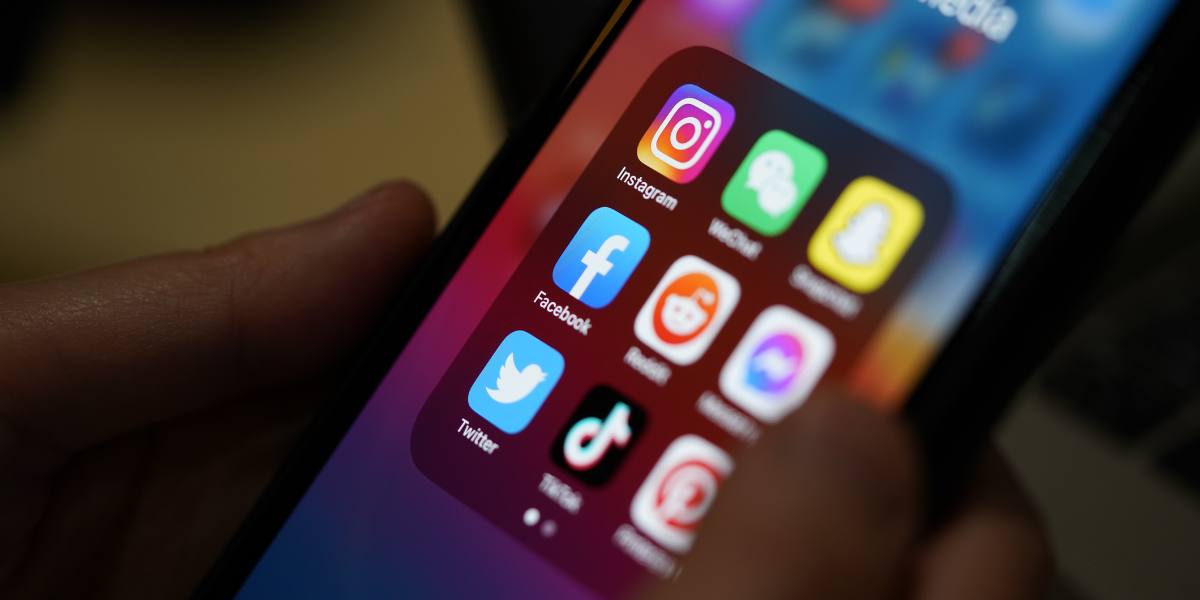Regulation must be improved to better monitor patient influencers who are sharing drug advice on social media despite having no medical training, a new report has urged.
Patient influencers acting as a link between pharmaceutical companies and consumers raises “ethical questions”, although the research found that good intentions were often behind influencers’ decisions to work with drug companies.
The study provides some of the first insights into a world which is loosely regulated.
- Social media firms ‘must act now’ to crack down on videos being blamed for rise in child vapers
- Warning that Ozempic and Mounjaro can trigger accelerated aging
A team from the University of Colorado Boulder has published its findings from 26 interviews which examined why patient influencers take on this role and how they go about it.
Author Erin Willis, associate professor of advertising, public relations and media design, said: “The bottom line here is that patient influencers act as a form of interactive direct-to-consumer (DTC) advertising, sharing their knowledge and experiences on pharmaceutical drugs with communities of followers in which they wield great influence.
“This raises ethical questions that need more investigation.”
The study involved hour-long interviews with influencers who suffer from a range of conditions, including HIV, fibromyalgia, Parkinson’s disease and perimenopause. More than half of the group worked with a drug company in some way.
Classed as ‘micro-influencers’ which research says have the biggest impact on buying power, the influencers have between 1,000 and 40,000 followers.
The interviews revealed that some of the influencers re-posted company press releases, while others read and translated drug studies. A number received payment from drug companies for posting content.
- TikTok trends are causing another shortage of diabetes drug Ozempic
- TikTok trend causes a shortage of diabetes medication Ozempic
Professor Willis said: “Health literacy and digital literacy are both concerningly low in this country. The fact that patients with no medical training are broadly sharing drug information should alarm us.”
She did note, however, that the influencers’ reasons for posting such content was well-intentioned, for instance if they felt the information was not out there for people like them.
A small number also said they didn’t post information about drugs as they felt it is “borderline unethical”.
Professor Willis said: “It’s comforting that the people we interviewed generally want to stay abreast of the science and be a credible source. But I also know that doctors go to medical school for a reason.”
The study comes at a time when there is growing concern about the impact of drug promotion on social media platforms.
- Eli Lilly boss concedes that insulin pricing ‘could be lower’ after Twitter debacle
- Eli Lilly drops price of insulins by 70%
Recently, patients who require the diabetes drug Ozempic to manage their condition faced a shortage of the drug after its weight loss benefits were promoted on a raft of Twitter and TikTok posts.
Direct-to-consumer advertising, which allows pharmaceutical companies to directly target customers, is only available in America and New Zealand.
Now Professor Willis has called for greater monitoring of social media when it comes to patient influencers, saying: “This is happening, with or without regulation, and people should be aware of it.”
The study has been published in the Journal of Medical Internet Research.





